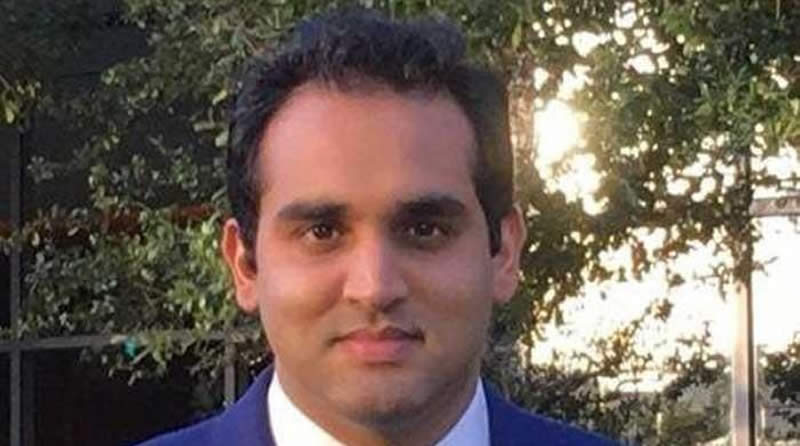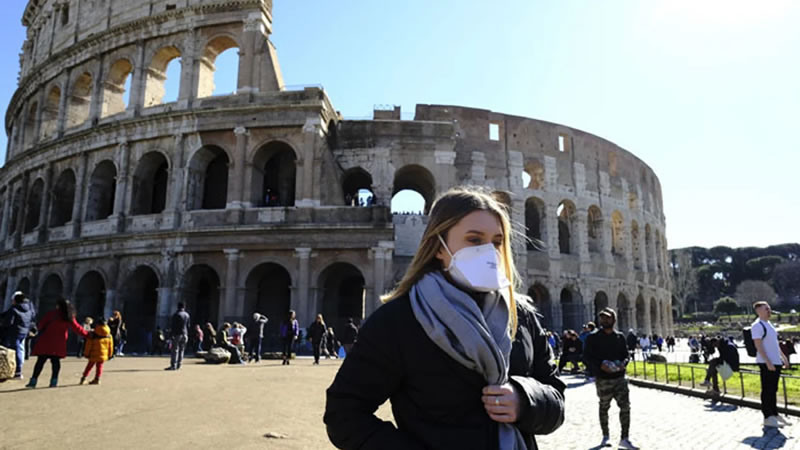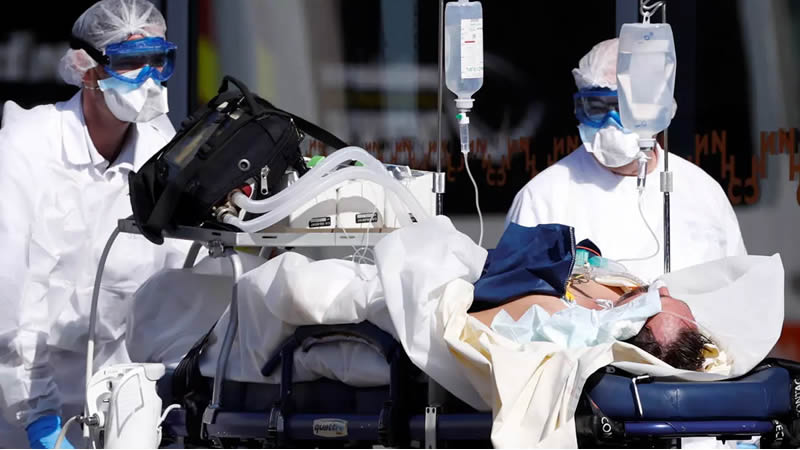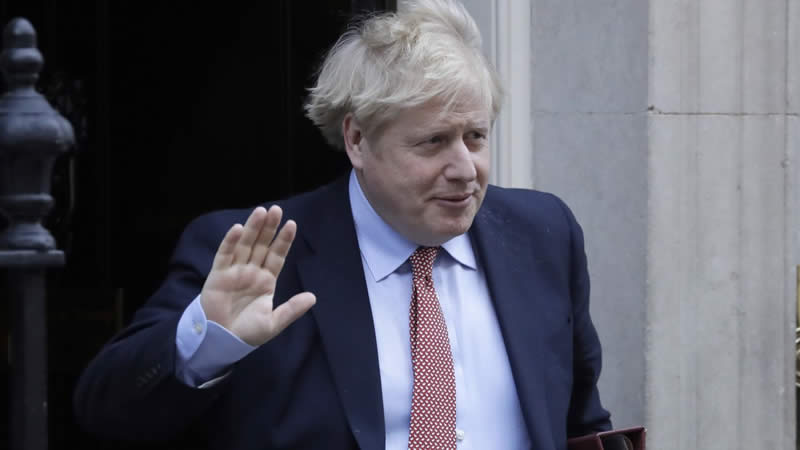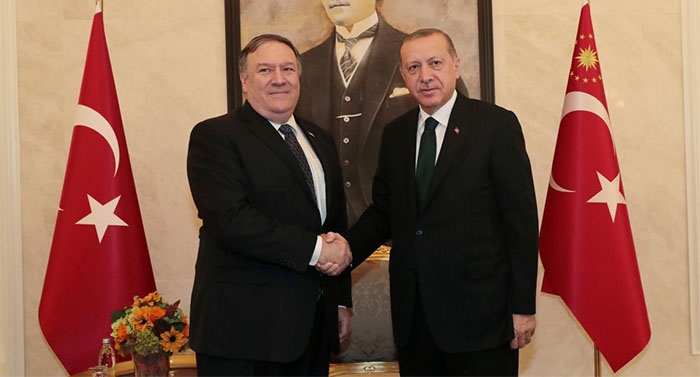 Although Cambridge is ranked No 1, American institutions dominated the list of best universities, taking 31 out of the top 100 places. Photograph: Graeme Robertson/Getty Images
Although Cambridge is ranked No 1, American institutions dominated the list of best universities, taking 31 out of the top 100 places. Photograph: Graeme Robertson/Getty Images
Both of them have earned fistfuls of Nobel prizes, have educated enough statesmen to table a string of international summits, and inspired eminent scientists, philosophers and poets.
But Harvard today forfeits first place to Cambridge in a league table of the world’s top universities, the first time in the list’s seven year history that the Ivy League institution has been knocked off the number one spot.
British universities made a strong showing, with University College London, Oxford and Imperial all appearing in the top 10, while King’s College London and Edinburgh appeared in the top 25.
American institutions dominate the list, however, taking 31 out of the top 100 places in the QS world university rankings. The list also features 15 Asian universities, lead by the University of Hong Kong at 23. The QS table is based on measures of research quality, graduate employability, teaching and how international the faculties and student bodies are.
Harvard, which takes its name from John Harvard, an alumnus of Cambridge who was its first benefactor, was still most popular among the 5,000 employers polled worldwide.
However, Cambridge was voted best for research quality in a survey of 15,000 academics. It has an outstanding pedigree: famous minds who pushed back the frontiers of knowledge there include Newton, Darwin and Wittgenstein. Cambridge took overall first place in the rankings, which also use citation counts from a database of academic publishing.
Professor Steve Young, senior pro-vice-chancellor at the University of Cambridge, said: “While university league tables tend to over-simplify the range of achievements at institutions, it is particularly pleasing to note that the excellence of the transformative research – research that changes people’s lives – carried out at Cambridge is so well regarded by fellow academics worldwide.”
A Harvard spokesman said: “Harvard University is always honoured to be recognised among such high calibre institutions of higher learning. However, we also continue to believe it is important that students select the college or university that best suits their individual needs.”
John O’Leary, executive member of the QS academic advisory board, blamed a hiring freeze for Harvard losing its top spot. “Cambridge has gone top because it has improved its citations. Harvard has taken more students and had a hiring freeze amongst its academics. That’s the reason these two have swapped around.”
The impressive showing of British and US universities is because English is the favoured language of academia, O’Leary said. “In general terms, UK universities, like American ones, benefit from being English-speaking. If you’re publishing in a language most researchers aren’t using, you’re not going to be picked up and cited … in the mainstream journals.”
However, a report by the Organisation for Economic Co-operation and Development (OECD) released yesterday shows the UK lagging behind competitors in public investment in higher education. The sector is facing cuts of more than £1bn by the end of 2013. The share of public spending in British higher education is 0.7% of GDP, below the OECD average of 1%, and places Britain behind the US, Canada, Sweden, Germany, Poland and Slovenia.
Announcing the OECD’s results in London, Andreas Schleicher, the head of its indicators and analysis division, said Finland, Canada and Japan were now major players in higher education. “For many years the UK was very much at the forefront,” he said. “But now you do not see that competitive advantage.”
The vice-chancellors’ body, Universities UK, questioned how long the country’s higher education system could maintain its world-class position in the field given its comparative “under-investment”.
The Times Higher Education magazine, which is publishing its own global university rankings next week, is no longer collaborating with QS. It is concerned that the careers advice company’s rankings rely too heavily on subjective surveys of scholars and employers, and not enough on hard indicators of excellence. The THE’s rankings are expected to contain disappointing news for some prestigious British institutions.
Ben Sowter, head of research at QS, said: “Unlike other rankings systems which rely heavily on statistical indicators of university research, QS also takes into account the most up-to-date views of employers and academics, reflecting the broader interests of students and parents. QS rankings reflect the highly competitive environment of global higher education.”
The QS rankings are weighted 40% to academic reputation, 10% to employability, 20% to citations, 20% to the staff-student ratio and give a further 10% weighting to how international the make-up of the faculty and student body is.
Dr Wendy Piatt, the director general of the Russell Group of research-intensive universities, which includes Oxford and Cambridge, said: “We are pleased these latest figures show that Russell Group universities still rank among the world’s leading universities. However, two health warnings should be heeded. First, this latest league table, like all others, has its limitations and there can be no single correct way of measuring university performance or quality.
“Second, our world-class status is under threat from other countries who are ploughing billions into their top institutions in a determined bid to overtake the UK in the rankings. Data released by the OECD only yesterday shows once again that UK leading universities are already under-resourced in comparison with their international competitors. But now, while our competitors are investing in their future skills and knowledge base, UK universities are threatened with further cuts which will make it more difficult than ever to maintain their world-class status.
“Not only North America but, increasingly, countries like China and Korea are investing massively in their universities and as a result their best institutions are rising rapidly up international rankings.” -guardian



